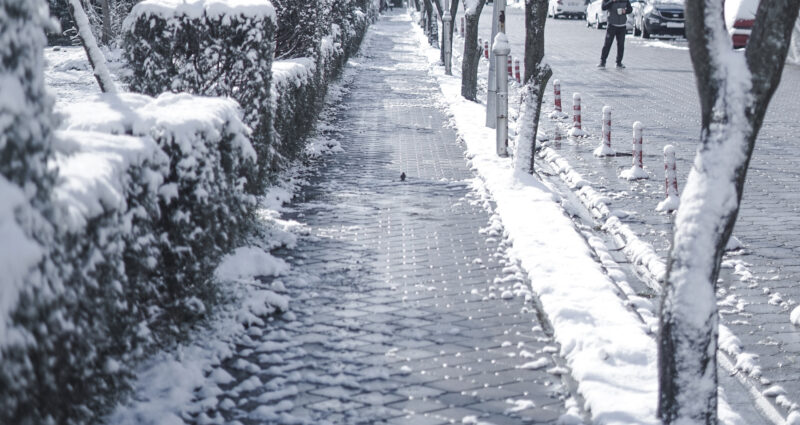
Navigating Slip and Fall Laws in Michigan: New Legalities You Need to Know
In the state of Michigan, slip and fall accidents are a common occurrence, especially during the icy winters and rainy seasons. When these accidents happen, it’s crucial to understand the laws surrounding slip and fall cases and stay updated on any recent legal changes. In this blog post, we’ll delve into the slip and fall laws in Michigan and explore the new legalities that may affect your rights and responsibilities.
Understanding Slip and Fall Laws in Michigan: Slip and fall cases fall under the broader category of premises liability law in Michigan. In essence, property owners or occupiers have a legal duty to maintain their premises in a reasonably safe condition for visitors. When they fail to do so, and someone is injured as a result, the injured party may have grounds for a personal injury claim.
Key Elements of a Slip and Fall Case: To have a successful slip and fall claim in Michigan, certain elements must be present:
- Duty of Care: The property owner/occupier had a duty to keep the premises safe for visitors.
- Breach of Duty: There was a breach of this duty, such as a hazardous condition that the owner knew or should have known about.
- Causation: The hazardous condition directly caused the injury.
- Damages: The injured party suffered damages, such as medical bills, lost wages, or pain and suffering.
New Legalities Affecting Slip and Fall Cases in Michigan: Michigan’s legal landscape is constantly evolving, and it’s essential to stay informed about any recent changes that may impact slip and fall cases. Here are some noteworthy legal developments:
- Comparative Fault: Michigan follows a comparative fault system, meaning that the injured party’s compensation can be reduced if they are found partially responsible for the accident. Understanding your role in the accident and how it may affect your claim is crucial.
- Notice Requirements: Recent changes to Michigan law may require injured parties to provide notice to the property owner within a certain timeframe after the accident. Failure to do so could potentially affect your ability to pursue a claim.
- Government Immunity: In cases involving government-owned properties, there may be additional legal hurdles to overcome due to governmental immunity. It’s essential to be aware of these complexities when pursuing a claim against a government entity.
Slip and fall accidents can lead to serious injuries and significant legal complexities. If you’ve been injured in a slip and fall accident in Michigan, it’s crucial to consult with an experienced attorney who is well-versed in the state’s premises liability laws and any recent legal changes. By understanding your rights and responsibilities, you can take the necessary steps to protect your interests and seek fair compensation for your injuries. Remember that the legal landscape is subject to change, so staying informed is key to navigating slip and fall cases effectively.